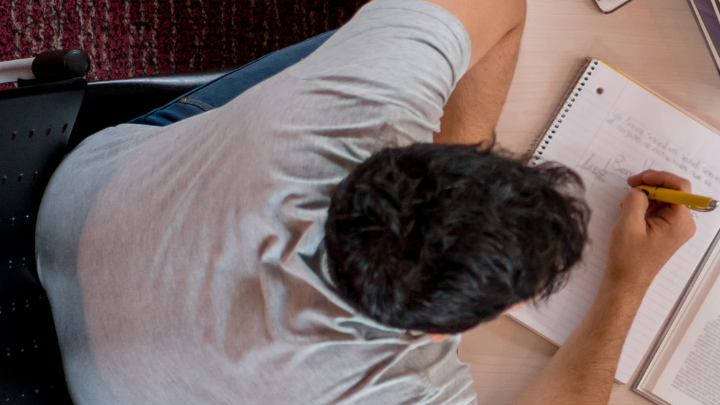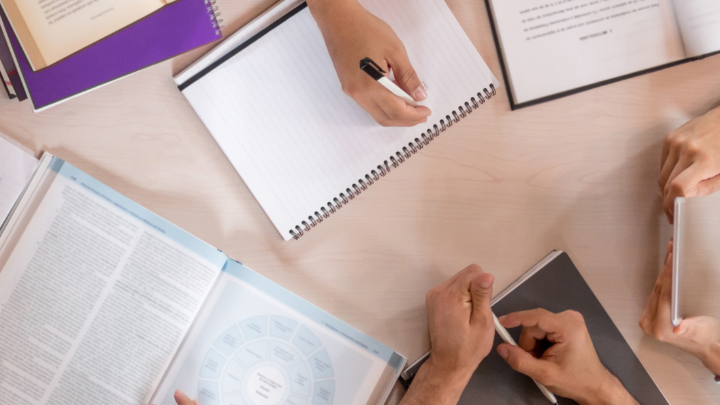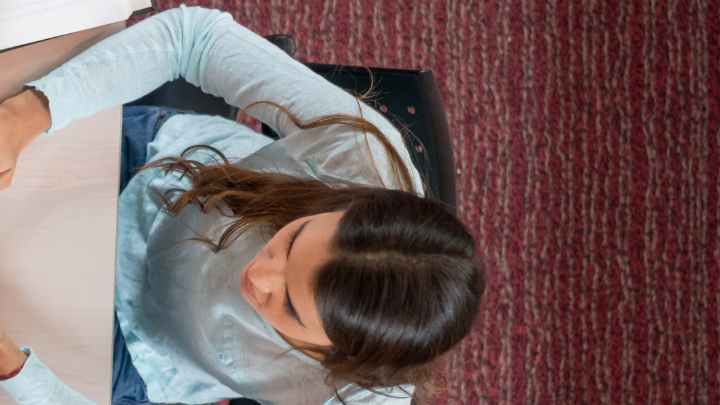Undergraduate Programs
Anthropology is engagement with human differences from the perspective of lived experience, past, present and future. The unique skills and perspectives that a Bachelor of Arts in Anthropology provides include an understanding of how we are all shaped by the cultural, social, political and historical contexts in which we live.
As an undergraduate in the Anthropology program, there are many opportunities available to students, both on and off campus, that are designed to provide hands-on learning opportunities and valuable experience for jobs after university and preparation for graduate studies.
Undergraduate Programs in Anthropology
Anthropology Minors
Highlighted Undergraduate Courses
Taught by Dr. Aubrey Cannon.
An examination of the diverse and millennia-long archaeological histories of Indigenous North America, with particular focus on migrations, beginning with the earliest peopling of the continent, environmental interactions and adaptations to climate change, and the emergence of varying forms and scales of political integration.
Note: The instructors will consider waiving the prerequisites for these courses, so please reach out if these are of interest and you face any issues enrolling.
This course addresses historical and contemporary instances of displacement and forced migration. Although grounded in ethnographic studies, it takes an interdisciplinary approach to topics which may include border politics, humanitarianism, hospitality and the figure of the refugee.
Taught by Dr. Kee Yong
**There are no exams for this course. Only two essays, four one-page summaries and your participation. All reading materials, including weekly lecture notes are accessible on Avenue to Learn.
This course is a story about returns, an attempt to invoke the notion of The Gift into history, geography, economy, and culture. We are talking about the passage of time and the apparent passing of the gift economy – from the European colonial encounter to the Cold War, and now into the neoliberal free market. The stories to follow is about the price countless countries have to pay (and the impossibility to repay) for being included in the global gift economy. In this course we will critically evaluate the price of the gift – what one might call “the neoliberal economy of history” – and how it is ultimately an economics of storytelling by which a peculiar economic is plotted on the linear passing of history expressed with the equation “trade replaces violence.” We will ask: What are the immense violence underneath the gift of development loans, aid grants, military aids, machine guns, rifles, tanks, artillery, helicopters, advisors, counter-insurgency expertise, psychological warfare tactics, even anthropologists? In turn, how do nation-states talk about itself – nonviolently – about the triumph of peaceful trade and reason over barbarism? Indeed, how have “late capitalist” economies accumulated a great deficit in its balancing of historical accounts? These are some of the questions we will be attempting to address in this course, however incomplete they might be when there is an immense debt hanging over the new world, a violent history replicated but hidden in the cleanliness of the historical present.
Note: The instructors will consider waiving the prerequisites for these courses, so please reach out if these are of interest and you face any issues enrolling.
Taught by Dr. Kee Yong
**There are no exams for this course. Only two essays, four one-page summaries and your participation. All reading materials, including weekly lecture notes are accessible on Avenue to Learn.
This course provides an introduction to some of the concepts in socio-cultural anthropology with which you are probably familiar – culture, race, ethnicity, nationalism, colonialism, and so on. We will use these concepts to address the question of human universals and where do cultural differences come from. Are these more or less significant than biological differences and what is the cause of social inequality? We will use what anthropology has to say about both the distant and “exotic” locales that have been its traditional focus of study, as well as anthropological studies of urbanized and familiar locations. At the base of all our “conversations” for this course, we will attend to the questions of the “Other.” Who are the “Othered”? Under what foundational history are the “Others” created and maintained? Who among these “Others” have speech, and who among them have only noises? How intrinsic are the “Others” to the creation of the modern? Indeed, how have these dialectical underpinnings affected our emotion, our creativity, representation? Indeed, how have these dialectical underpinnings both encapsulated as well as undermined our imaginative horizons?
Note: The instructors will consider waiving the prerequisites for these courses, so please reach out if these are of interest and you face any issues enrolling.




